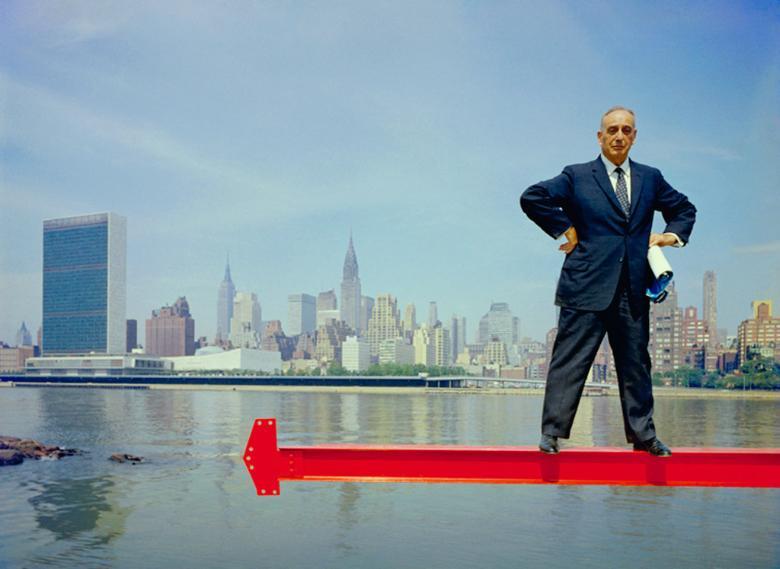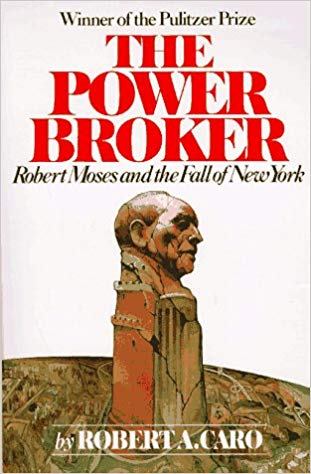
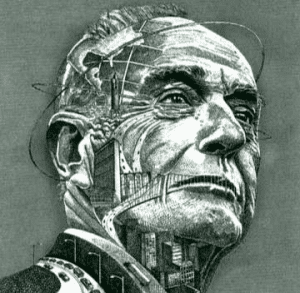

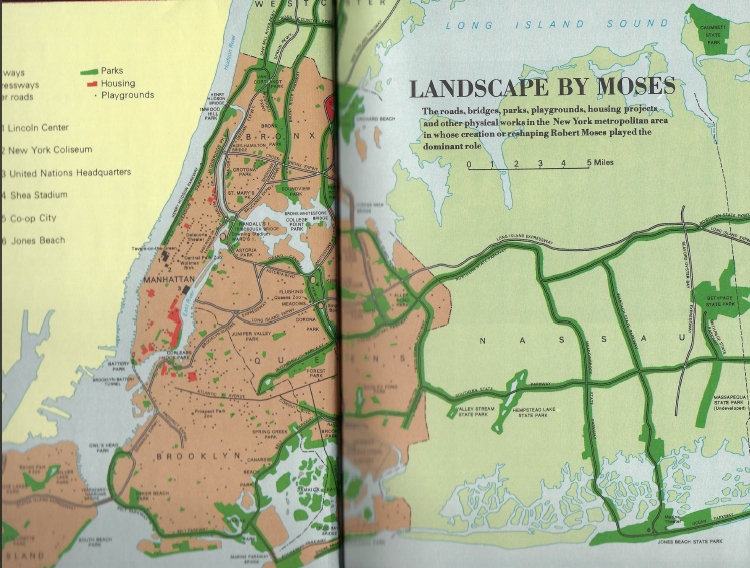
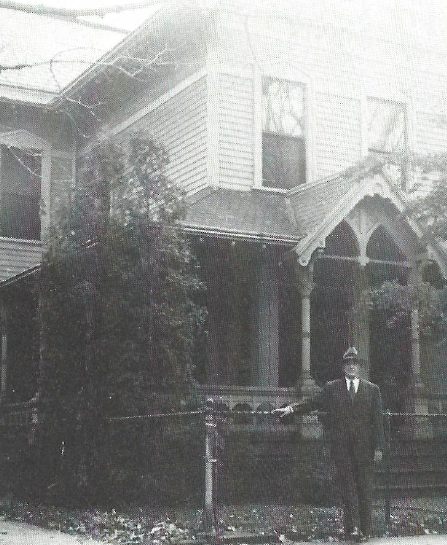
- Robert A. Caro’s The Power Broker is a Pulitzer Prize winning epic that was widely read by the politicians and civil servants in the US and abroad;
- The keypoints are my interpretation of the events in the corresponding chapter; take with a grain of salt;
- My opinions are subject to change at any future date as an intellectually free person; so if new information shows Moses to be even more “impure” I am free to change my opinion without judgement, thanks!;
- Writing about Moses does not equal endorsing Moses obviously;
- This article is my attempt to provide a chapter-ized summary so that you don’t have to read this 1255 pager. The physical book weighs a lot, too, as is Robert Caro’s way. Enjoy;
Hero, Villain or Mixture of the Two? Probably a Mixture. He is both repugnant and visionary. Hate-able and laudable for “getting things done.” Moses famously responded to this Caro book by saying a) he wasn’t responsible for public transport (read: probably not of interest fee-wise), b) he wasn’t that powerful, c) Moses never addresses the racism he is accused of peddling…can we separate the progress from the possibly very repugnant man?
Part One – The Idealist
Chapter 1 – Line of succession
Robert Moses was born on December 18th, 1888. His mother Bella was the strong willed, daughter of Bernard and Rosalie Cohen. Bernard was among many German Jews who longed to escape repression and emigrate to the USA. Eventually he settled with his brother in New York and marrying his cousin, Rosalie Silverman. Bernard became interested in civic affairs. And became known as a decisive and visionary analyst of social problems. Rosalie Silverman bullied her husband. She was intellectual rather than maternal and as Granny Cohen was imperious, treating other people as underlings.
Bernard died in 1897 of pneumonia. Rosalie carried on energetically, marching around New York and dismissive of the soft life. In 1919 she calmly finished her crossword puzzle, got out of bed and rang the bell to summon her maid before calmly announcing “Martha, summon Doctor –, I’m dying”.
Bella, quiet and unassuming but thoughtful, spoke French and German fluently and retained the sharpness of her mother. In 1886 she married Emanuel Moses, a Jew from Cologne. Although he built a successful business, Bella was thought to have “married beneath her.” They settled in Dwight Street, New Haven, Connecticut, an elm lined street with substantial houses.
Bella disliked the lack of cultural activity in New Haven so eventually they moved to New York in 1897.
By 1907, 1 million Jews had fled to the USA to escape persecution. By 1917 this was 1.5 million. In the Lower East Side, settlement houses sprang up to cope with the influx, and Bella became involved. There was a certain snobbery exercised by the settled Jewish community towards new Jewish immigrants, many from Russia. They called them “Kikes” because of the endings of many Russian surnames. German Jews had a patronising attitude to the new influx of Jews from Eastern Europe. Bella’s attitude towards those under her wing were thought to be “You’re my children, I know best.”
Bella however, was more interested in urban planning than integration. Her proposals were well mannered but steely. She was known for getting her way. Once she became involved in a project, she became obsessed with the detail. Bella could always count on Emmanuel’s support, at work and in the home, an obvious parallel with her own parents. Bella was not religious, and although Emanuel was attached to the synagogue, her views prevailed.
In New York the family lived just off 5th Avenue; a large oak panelled brownstone at the centre of a rich Jewish sector. With assets of $1.2M and walls covered with Rembrandt and Durer prints, they were among the elite.
Bella was strict with children, organising their lives in minute detail. She was particularly interested in their education. All the children were sent to expensive schools, Robert eventually ending up at Yale.
Bella’s sons, Paul and Robert, were often mistaken as twins. Both were considered “stunningly” handsome but haughty, even arrogant. They were popular with both girls and boys. Although both were considered athletes, Robert was more of a loner, attracted to sports, but not team sports.
Both brothers were dismissive of their father but Robert and his mother formed an inner circle. Bella catered to Robert’s every whim, “doting” on him. Robert flattered his mother by praising her work in the community and mimicking her movements and deportment. The line of personality was clear: from Robert’s grandmother, to his mother, to him.
Analysis & Key Takeaways:
- Robert Moses’ personality was shaped by the powerful women in his early life, women who had steely determination past down generation to generation;
- Forming alliances can start at the Family level between siblings. Healthy competition is important, parents are people too and so they can and sometimes outwardly express their preferred child;
- The instinct to know better than others is not without merit. However, it is difficult to evaluate the merit of ones ideas in isolation especially if the idea is based on a track-record, pattern recognition etc. Ironically, we are the worst evaluators of our own instincts (Dunning Kruger effect) which creates arrogance in some cases and brilliance in others. A way to check your instincts is to evaluate your predictions against the reality, however prediction is very luck based;
- Loners seem to operate and run things; it’s lonely at the top therefore loners are predisposed to move to the top;
- Everyone has a personal religious perspective, sometimes religion defines ones identity, other times it’s a footnote and other times a hindrance.



